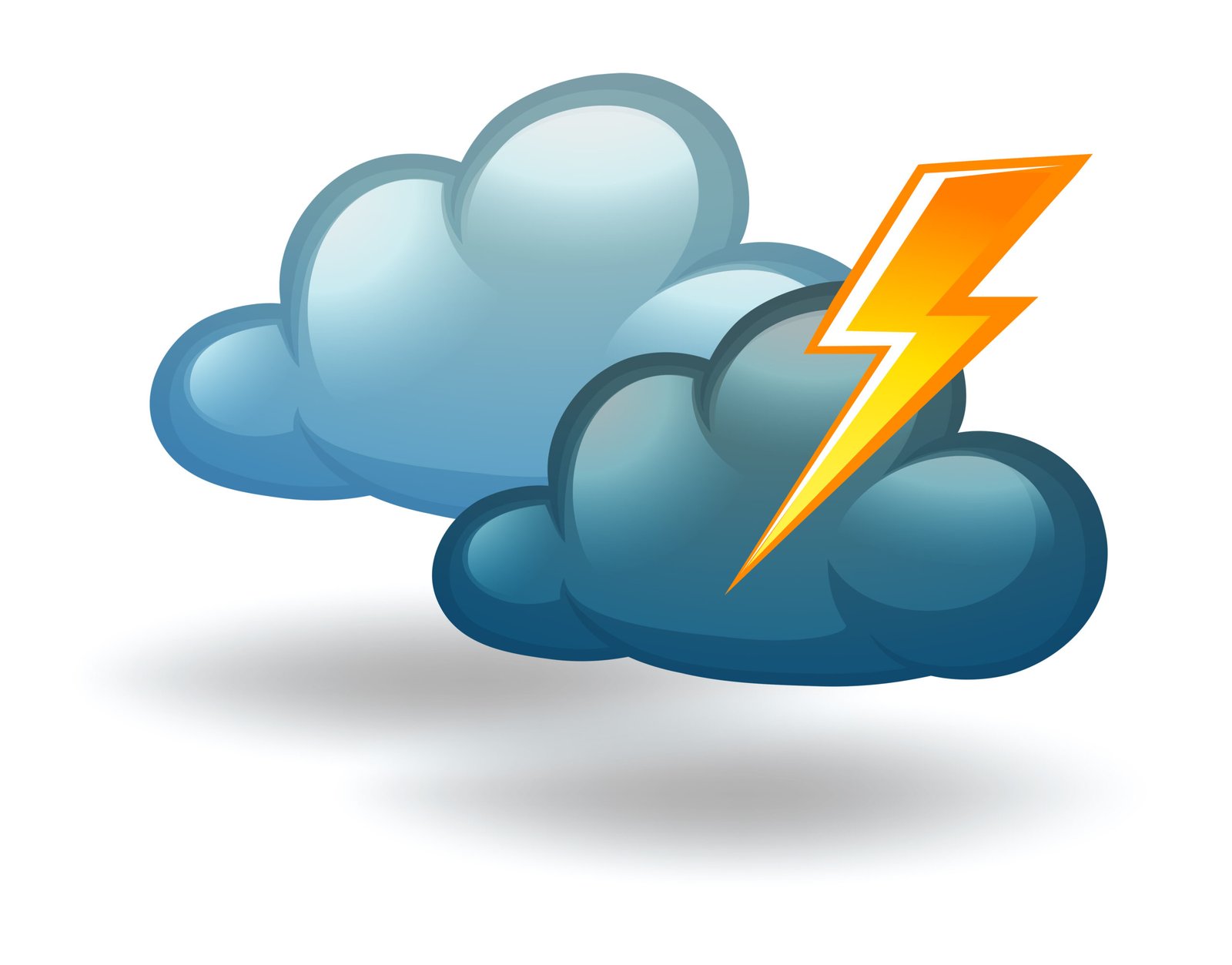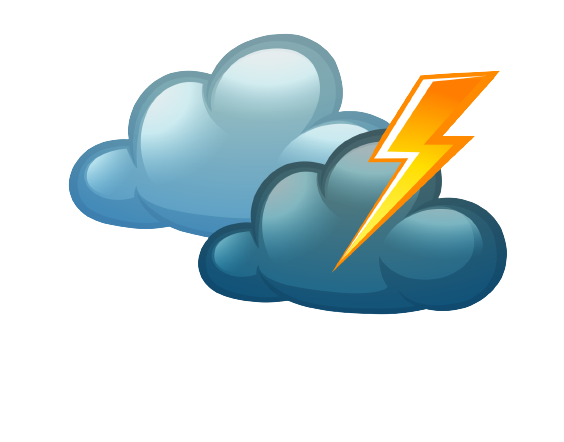[ad_1]
On Friday, pilots on reconnaissance flights saw oil moving southwest from Plaquemines Parish. Under the surface, “remotely operated vehicles, deployed Friday morning, continue to survey the pipeline with no findings of a source area at this time,” the Coast Guard said in a Monday statement. “The vehicles will continue to survey the pipeline if weather conditions permit.”
The spill, officially called the “MPOG11015 incident,” is the latest in an area that has seen some of the worst offshore oil disasters in the nation’s history.
In 2010, 130 million gallons of crude poured into the Gulf of Mexico after an explosion at the Deepwater Horizon drilling rig. Six years before that, a hurricane toppled a Taylor Energy platform, causing crude to leak from several broken oil wells.
Starting in 2004, the lesser-known Taylor Energy spill continued without notice for nearly six years, and at least 30 million gallons entered the gulf, according to a study by the National Oceanic and Atmospheric Administration.
British Petroleum paid more than $14 billion in fines and damages for the Deepwater Horizon catastrophe. Taylor Energy fought the federal government’s demands to stop and clean up its spill before finally agreeing to liquidate its assets and hand over $400 million in a trust last year.
Although the Coast Guard named Main Pass Oil Gathering in its reports about the spill, it stopped short of identifying the company as the responsible party. Officials at Main Pass, and its owner, Third Coast, did not respond to phone calls and emails Tuesday.
The pipeline was shut down early Thursday morning. Multiple pipeline operators are in the area of the leak, the commanding officer for the Guard’s New Orleans sector, Capt. Kelly Denning, told the New Orleans Times-Picayune, but the Main Pass pipeline was the suspected source.
Kelly said the company has “done everything that we and the state have asked of them,” according to the report.
Oil spills in the Gulf of Mexico can harm a variety of wildlife. According to NOAA, the Deepwater Horizon incident contaminated habitat for sea turtles and harmed marine mammals, birds, fish and invertebrates.
While the latest mishap is smaller, at least one environmental group is fearing the consequences.
“Ocean wildlife will almost certainly pay a terrible price for this huge pipeline spill, which is less an accident than an entirely predictable consequence of offshore oil operations,” Kristen Monsell, of the Center for Biological Diversity’s oceans program, said in a statement.
[ad_2]
Source link


